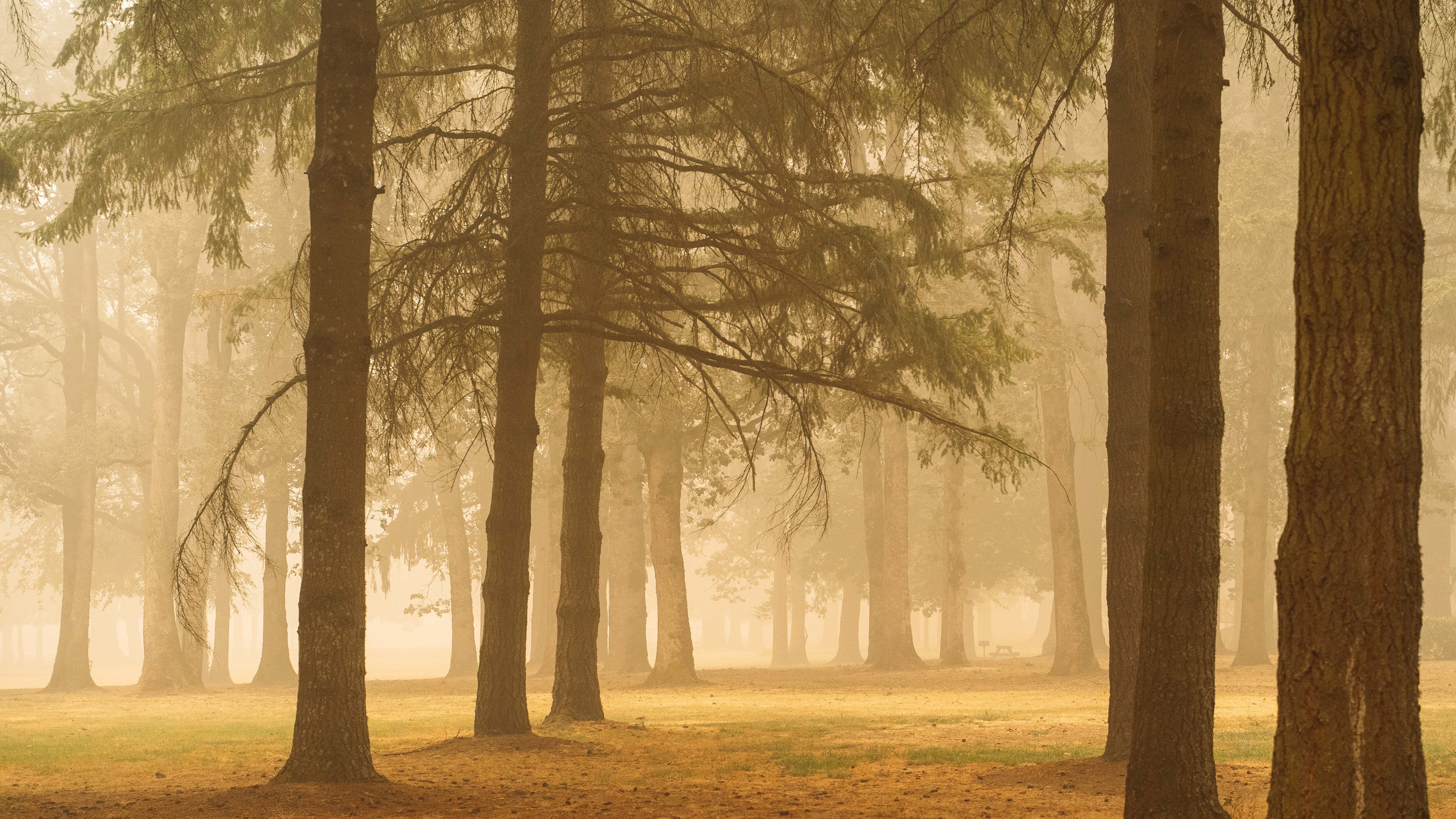WW presents "Distant Voices," a daily video interview for the era of social distancing. Our reporters are asking Portlanders what they're doing during quarantine.
The headlines have become familiar: Oregonians were driven from their homes by forest fires.
Then Daniel Mensher noticed that some people lost their homes in places where the surrounding forest hadn't burned at all.
Last month, WW first reported that incident command reports from the Beachie Creek Fire showed the blaze was fueled by at least 13 smaller fires sparked by downed power lines. On Sept. 29, two residents of Stayton, Ore., sued the utility PacifiCorp, alleging the company's failure to shut off its electrical grid in a windstorm left them and many others destitute.
"Despite being warned of extremely critical fire conditions, defendants left their power lines energized," the lawsuit says. "Defendants' energized power lines ignited massive, deadly and destructive fires that raced down the canyons, igniting and destroying homes, businesses and schools. These fires burned over hundreds of thousands of acres, destroyed thousands of structures, killed people and upended countless lives."
PacifiCorp did not respond to WW's request for comment. The utility told other news outlets that it does not comment on pending litigation.
Mensher is one of the plaintiffs' attorneys. He's drawing on a environmental law degree from Lewis & Clark Law School, where he also taught. His experience with Oregon forest practices led him to expect certain patterns in wildfire behavior. He says the Beachie Creek Fire shows something very different.
In fact, Mensher tells WW news editor Aaron Mesh, the fires that destroyed the Santiam Canyon weren't inevitable. They weren't just a byproduct of climate change, a result of poor forest management, or an act of God.
He says they were a result of negligence. And he says he can prove it in the burn patterns.

